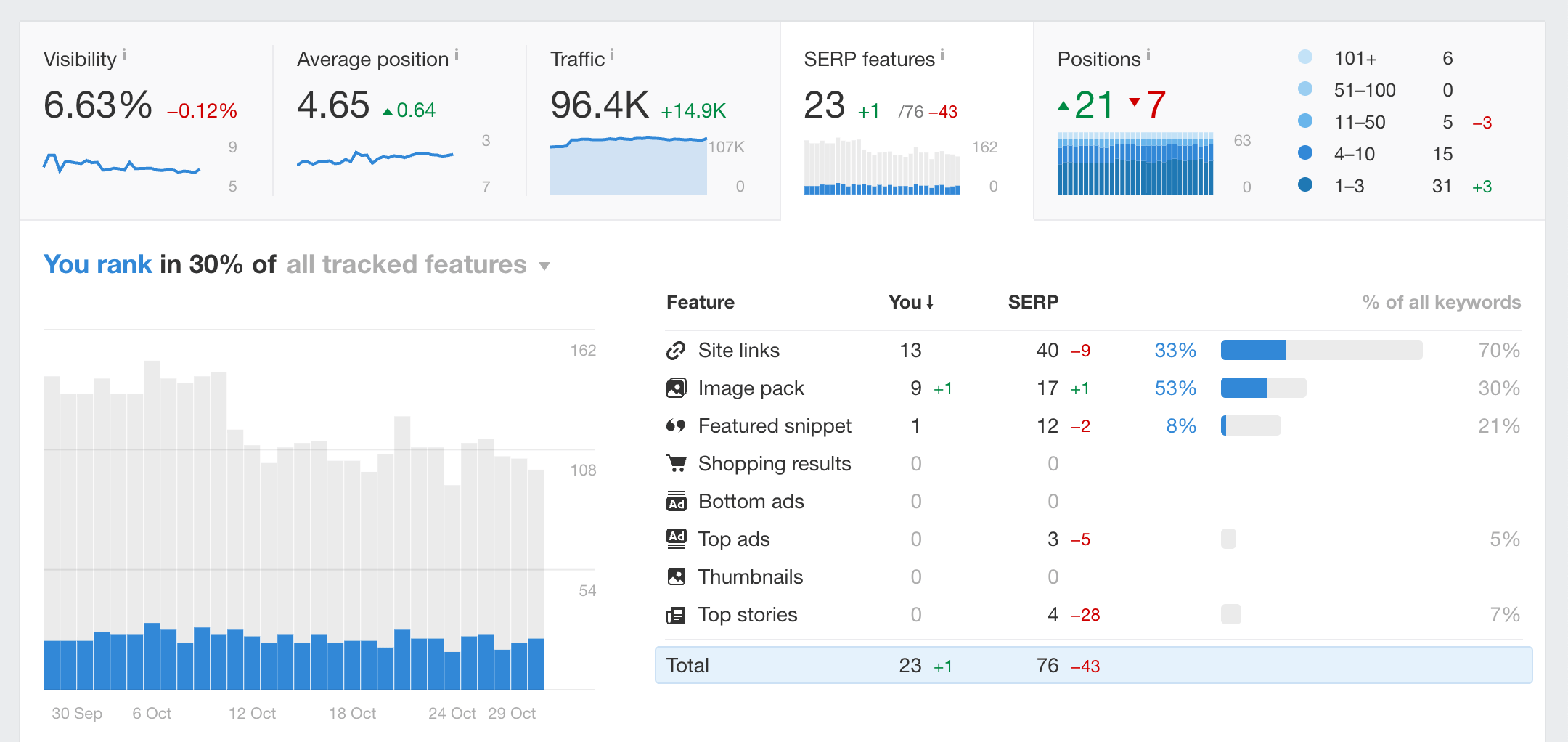Bydly Insights
Explore the latest news, trends, and insights across various topics.
Climbing the Keyword Ladder: A Journey to the Top
Discover the secrets to mastering SEO with our ultimate guide on climbing the keyword ladder and skyrocketing your traffic!
Understanding SEO Basics: What is Keyword Research?
Keyword research is the process of discovering and analyzing the terms and phrases that people use in search engines to find information related to a specific topic. This crucial aspect of search engine optimization (SEO) helps bloggers and marketers identify valuable keywords that align with their content strategy. By understanding the search intent behind these keywords, you can create content that attracts organic traffic, improves visibility, and ultimately satisfies the needs of your audience.
Effective keyword research involves several steps, including:
- Brainstorming potential keywords relevant to your niche.
- Using keyword research tools to gauge search volume and competition.
- Analyzing competitor keywords to identify gaps in your own content.
- Evaluating long-tail keywords, which are often less competitive but highly targeted.

The Importance of Long-Tail Keywords in Climbing the Keyword Ladder
In the realm of search engine optimization (SEO), long-tail keywords play a crucial role in allowing bloggers and businesses to climb the keyword ladder effectively. Unlike short, generic keywords that face fierce competition, long-tail keywords are typically more specific phrases that tend to have lower search volumes. However, they come with less competition, making it easier for your content to rank higher in search results. For instance, instead of targeting the overwhelming keyword 'shoes,' you might choose 'best running shoes for flat feet' as your focus, which can attract a more targeted audience genuinely looking for that specific information.
Moreover, utilizing long-tail keywords not only enhances your chances of ranking but also significantly improves conversion rates. Since users searching these more specific phrases are often further along in the buying cycle, they’re more likely to engage with your content and take action—whether it’s subscribing to your blog, purchasing a product, or sharing your posts. Emphasizing long-tail keywords in your content strategy can create a ripple effect, attracting quality traffic and enabling you to build authority within your niche. Ultimately, integrating long-tail keywords is a smart way to boost your SEO efforts and ensure sustained growth.
Top Strategies to Boost Your Keyword Rankings Effectively
Improving your keyword rankings doesn't have to be a daunting task. One of the top strategies is to conduct thorough keyword research. This involves identifying not only the primary keywords relevant to your niche but also the long-tail keywords that can drive more targeted traffic to your site. Utilize tools like Google Keyword Planner, SEMrush, or Ahrefs to analyze the search volume and competition for your chosen keywords. Additionally, consider the search intent behind these keywords to align your content with what users are genuinely looking for.
Another effective strategy is to optimize your on-page SEO elements. Ensure that your target keywords are included in critical areas such as the page title, headings, and meta descriptions. Incorporate your keywords naturally within the content while maintaining readability. Furthermore, using internal linking can enhance user experience and help search engines understand the structure of your site. Don't overlook the importance of creating engaging and informative content that encourages visitors to spend time on your page, ultimately signaling to search engines that your content is valuable.